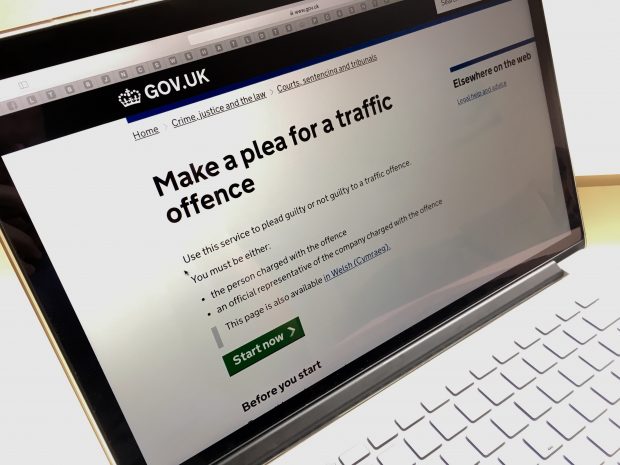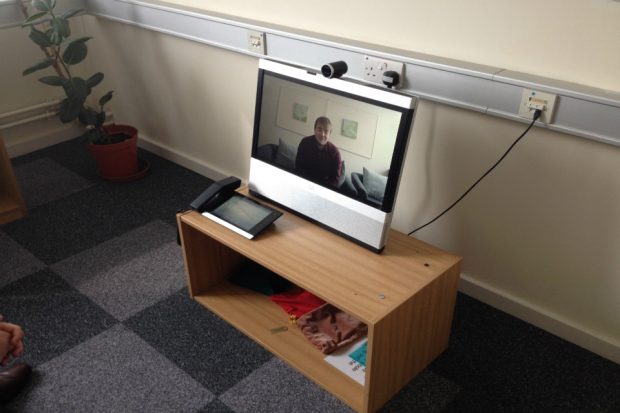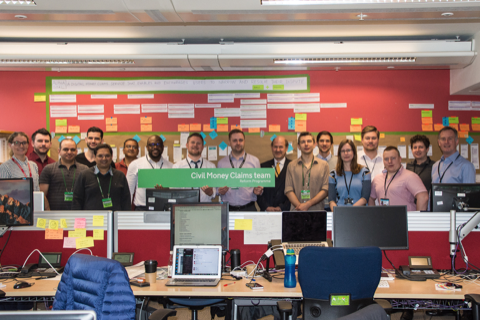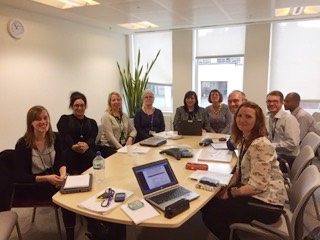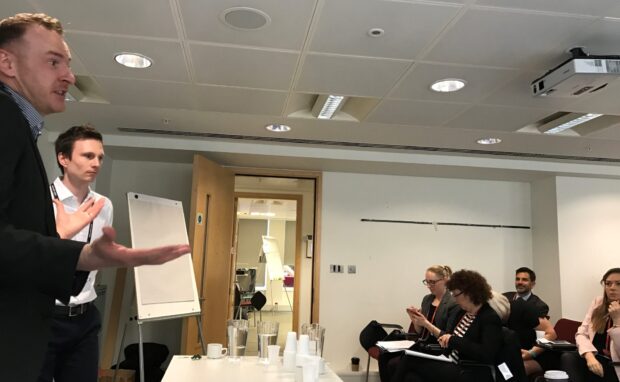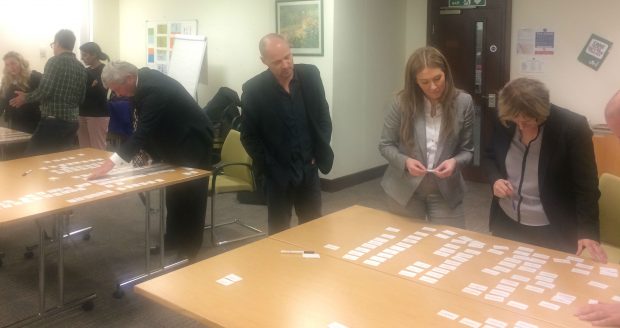Digital services
Susan Acland-Hood reflects on what she has learnt since she started as CEO of HMCTS last November. Susan explains her plans to write a set of blog posts that outline what we need to do, what we’ve done so far, what our plans are, and how to get involved in shaping HMCTS’s reforms for the …
A blog post from Leanne Galbraith Along that provides details of a series of drop-in sessions from September to November 2017 for defence practitioners to find out more about the Common Platform. At the sessions defence practitioners, will find out what the Common Platform is, how it will evolve in the future and how we …
A blog post from Katie Dean, HMCTS Service Manager for the Make a Plea service for traffic offences, which completed national roll out earlier this year. In this blog post Katie talks about how all members of the public charged with summary-only non-imprisonable motoring offences are given the opportunity to submit their plea online, instead …
A blog post from Fiona Rutherford, which discusses the implementation of remote working, specifically virtual hearings. Fiona talks about the opportunities (and responsibility) presented by the ‘once in a generation’ £1 billion investment in our courts and tribunals. This work will re-shape how we enable access to the justice system and how we deliver our …
A blog post from Kevin Gallagher, Head of the Digital Change Directorate who was one of the judges for the Online Courts Hackathon event co-hosted by the Society for Computers and Law, Legal Geek, the Judiciary of England and Wales and HM Courts and Tribunals Service.
A blog post from Paul Downer, Service Manager at HMCTS with responsibility for delivering a new online probate service. Paul discusses how we will transform the probate service to introduce a new online application form for personal applicants and solicitors.
A blog post from Clare Galloway, Service Manager for the Civil Money Claims project. Claire provides an update on how we are developing a new digital service for lower value money claims which will provide a simple process for individuals and businesses to resolve disputes. This service will use a mix of technology, conciliation and …
A blog post from Mike Logan who works in the HM Courts and Tribunals’ Development Directorate. Mike shares an update on the implementation of the Single Justice Procedure, which is the means by which work is processed within the Single Justice Service.
A blog post from Adam Lennon, Divorce Service Manager at HMCTS. Adam talks about how we are working with stakeholders to develop and an online divorce service and shares details of a workshop with legal practitioners that demonstrated the latest version of the online divorce service called ‘Apply for a divorce’.
A blog post from Leanne Galbraith detailing results from Criminal Justice System Common Platform Programme research sessions for defence practitioners held at Liverpool QEII Law Courts on 25 January 2017. The sessions tested the designs of the hearing result screens and hearing events.

